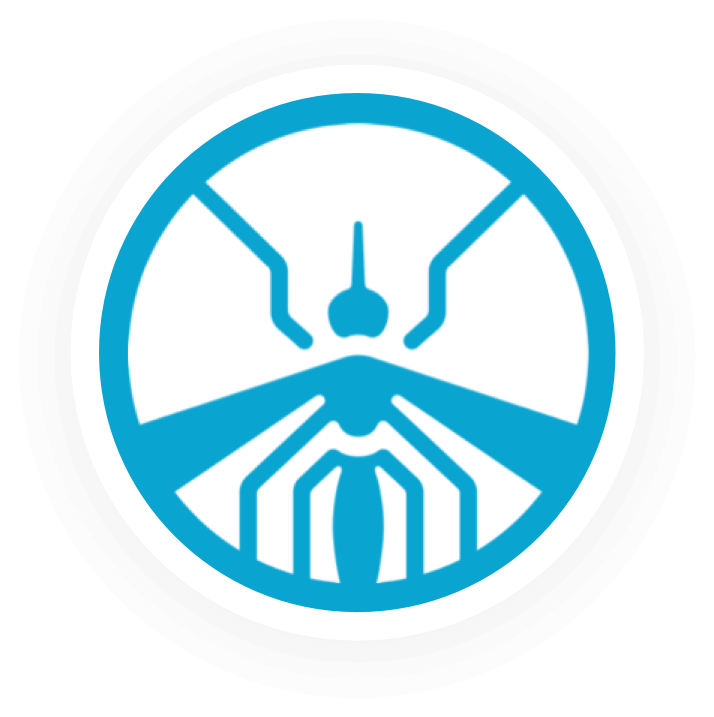The World Mosquito Program is working in Port Vila to protect communities from mosquito-borne diseases like dengue, Zika, chikungunya and yellow fever.
After conducting laboratory studies to examine the impact of Wolbachia on dengue and chikungunya viruses in Vanuatu, and engaging with the community to explain our Wolbachia method and gain their acceptance, we released Wolbachia mosquitoes across Port Vila in 2018 and 2019.
We are now rigorously evaluating both the levels of Wolbachia in the mosquito population and the impact of Wolbachia on the transmission of dengue and other mosquito-borne diseases.


Following the signing of the project agreement in 2017 between Monash University and the Vanuatu Ministry of Health, the project has engaged with the community to explain how the Wolbachia method works to prevent mosquito-borne diseases.
Community engagement is the cornerstone of our method. It is important for communities to understand what the Wolbachia method is and how it can improve public health outcomes. So, during early 2018, we worked to help inform different levels of the community through social and traditional media.
In Port Vila, public acceptance of the project (prior to release of mosquitoes) was rated 93 per cent.
We released Wolbachia mosquitoes across the project areas in 2018 and 2019 and we are now collecting data on the incidence of dengue and chikungunya in the release areas.
The community has been enthusiastically supporting the project in Port Vila, with around 1035 volunteers helping to release mosquitoes, host bug traps and promote the project.




